Manipur, July 2 (V7N) - At least four people were killed in India's northeastern state of Manipur on Tuesday, in what local police suspect was an internal conflict between Kuki insurgent groups. The violence occurred in Churachandpur district, a Kuki-dominated region that has been a flashpoint for ethnic unrest.
Manipur Police confirmed that the bodies of three individuals were found inside a vehicle with visible gunshot wounds. A fourth body, that of a woman, was recovered separately. Authorities have launched a full-scale investigation and search operation in southern Manipur to apprehend the perpetrators.
According to local sources and reports from NDTV, the deceased include Thangkhothang Haokip alias Thahpi, 48, the deputy commander of the Kuki National Army (KNA), a prominent armed faction under the Kuki National Organisation (KNO). The KNO is an umbrella group comprising 17 tribal rebel organizations in Manipur, which entered into a Suspension of Operations (SoO) agreement with the Indian central and state governments in 2007–08.
However, tensions have remained high between the KNO-aligned groups and rival factions such as the United Kuki National Army (UKNA), which has refused to enter into any ceasefire deal. The UKNA has long accused the KNO and its affiliates, particularly the KNA, of colluding with the government to suppress and even eliminate rival insurgents.
Manipur has been gripped by ethnic violence for nearly two years, largely between the Meitei majority and tribal communities, particularly the Kuki-Zo groups. While much of the attention has focused on inter-ethnic clashes, police suggested that this latest killing may stem from intra-Kuki rebel rivalries, marking a dangerous development in the already volatile region.
In a statement posted to social media, Manipur Police said that four bodies were brought to Churachandpur Hospital, confirming the fatal incidents and signaling intensified law enforcement measures in the area.
Authorities have yet to officially name suspects, but security analysts believe the killings may spark retaliatory violence and undermine fragile peace agreements in the region.
END/WD/SMA/



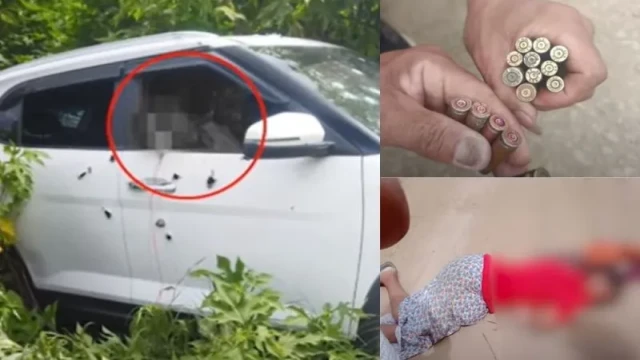
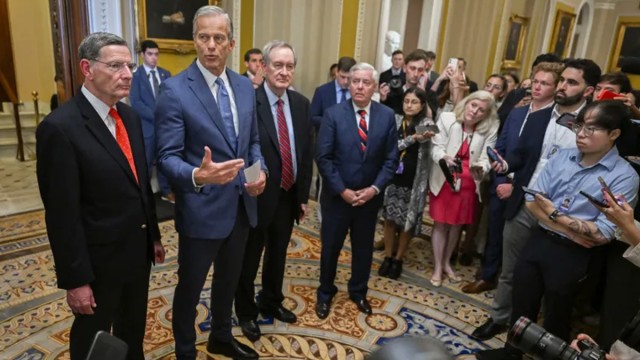

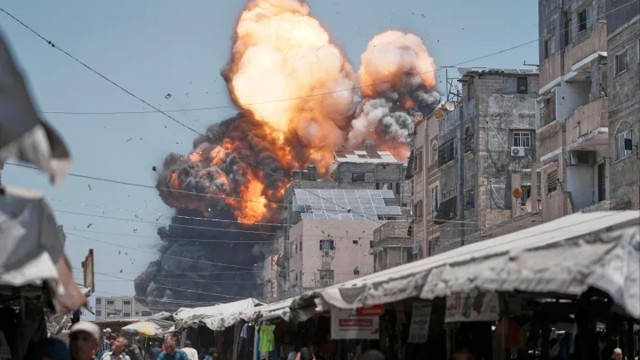

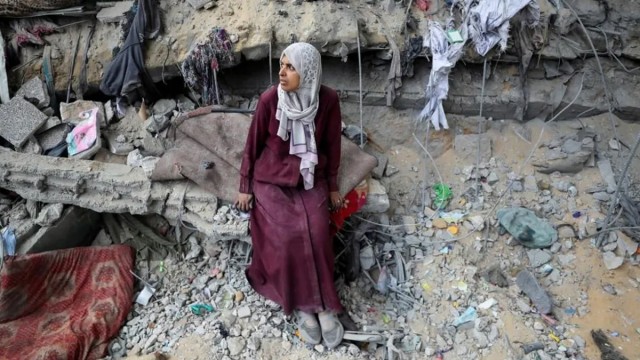
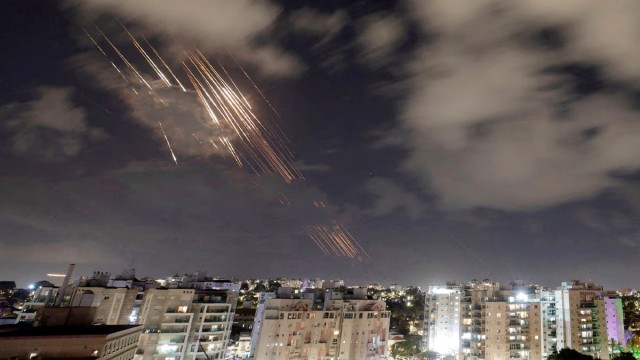
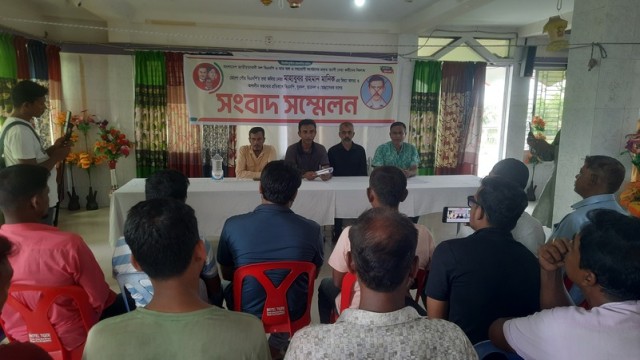
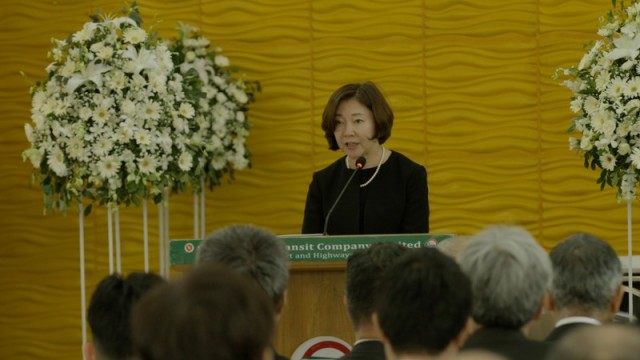
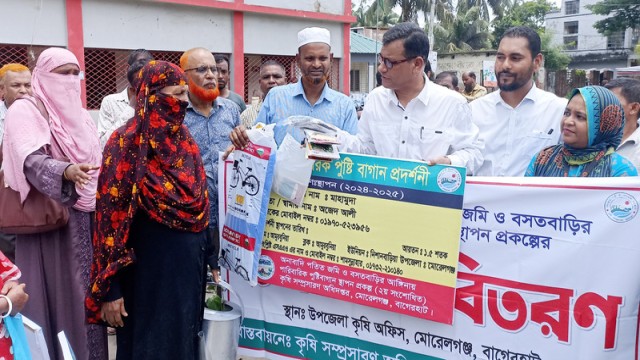
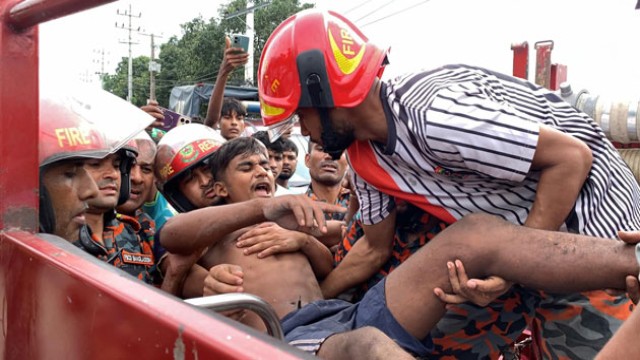
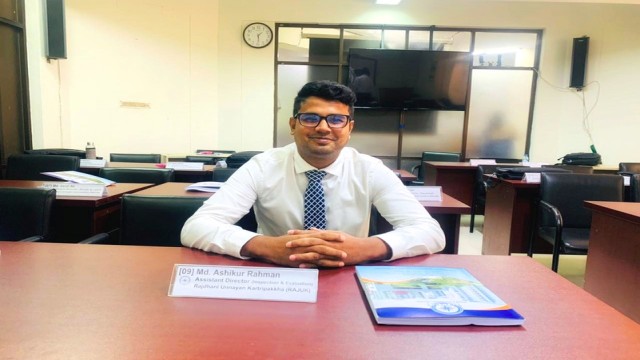
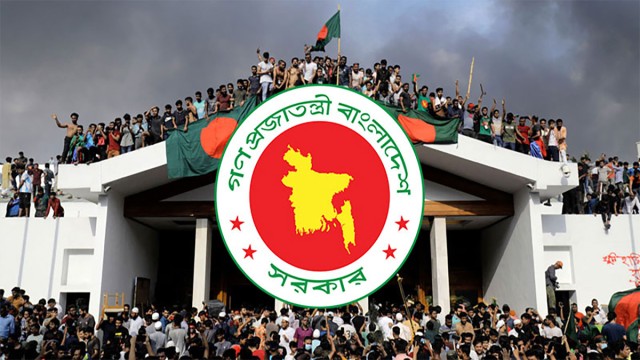
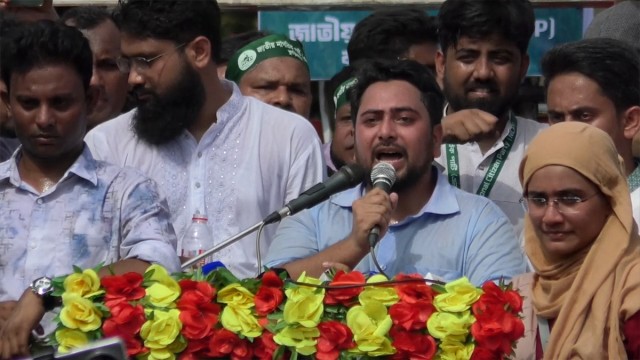
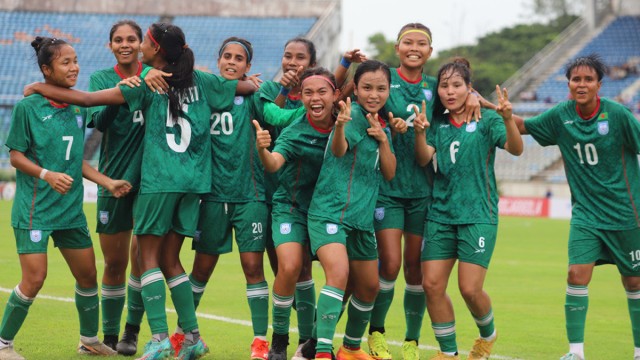
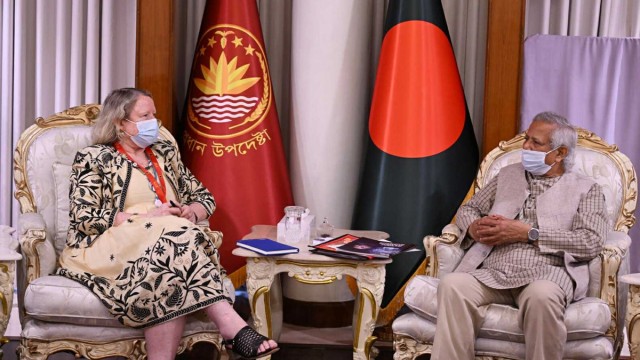


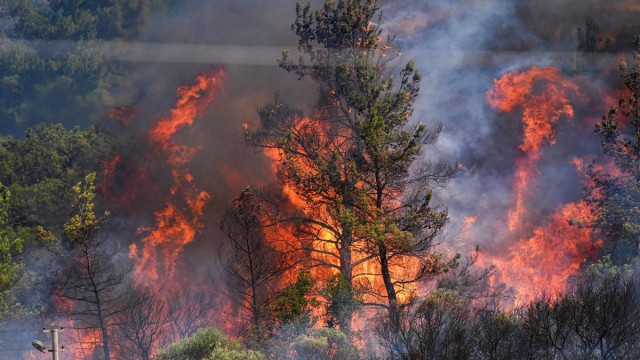
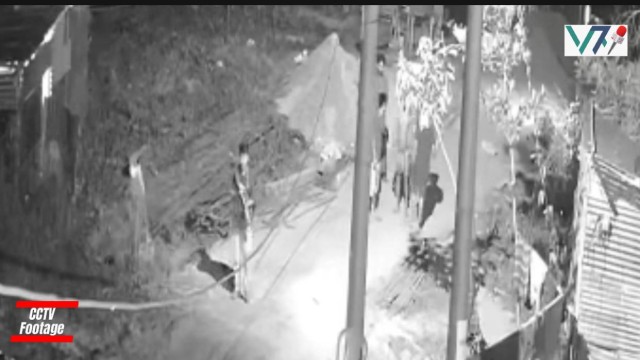

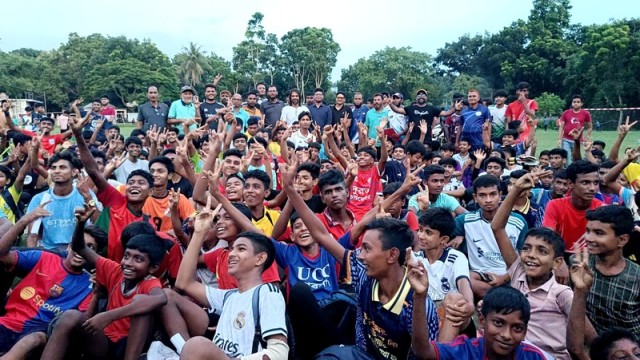


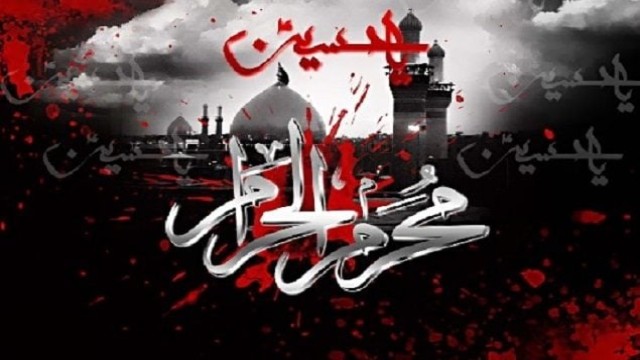
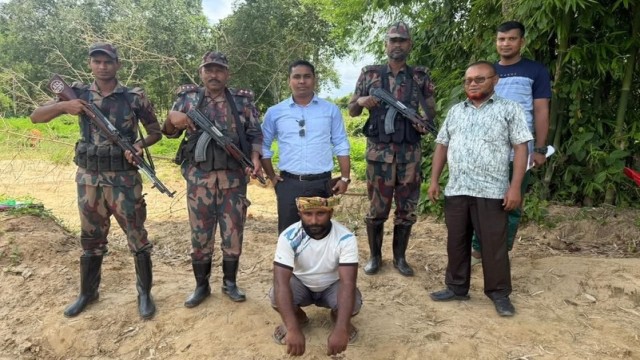

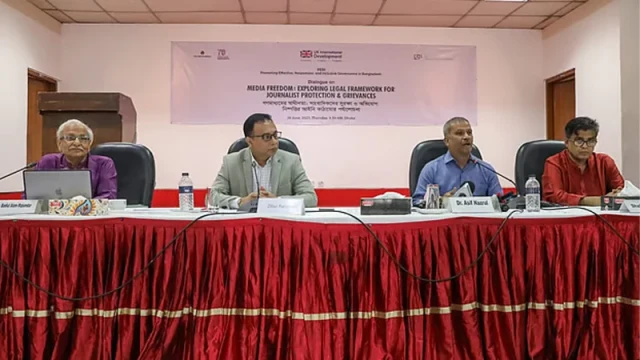
Comment: